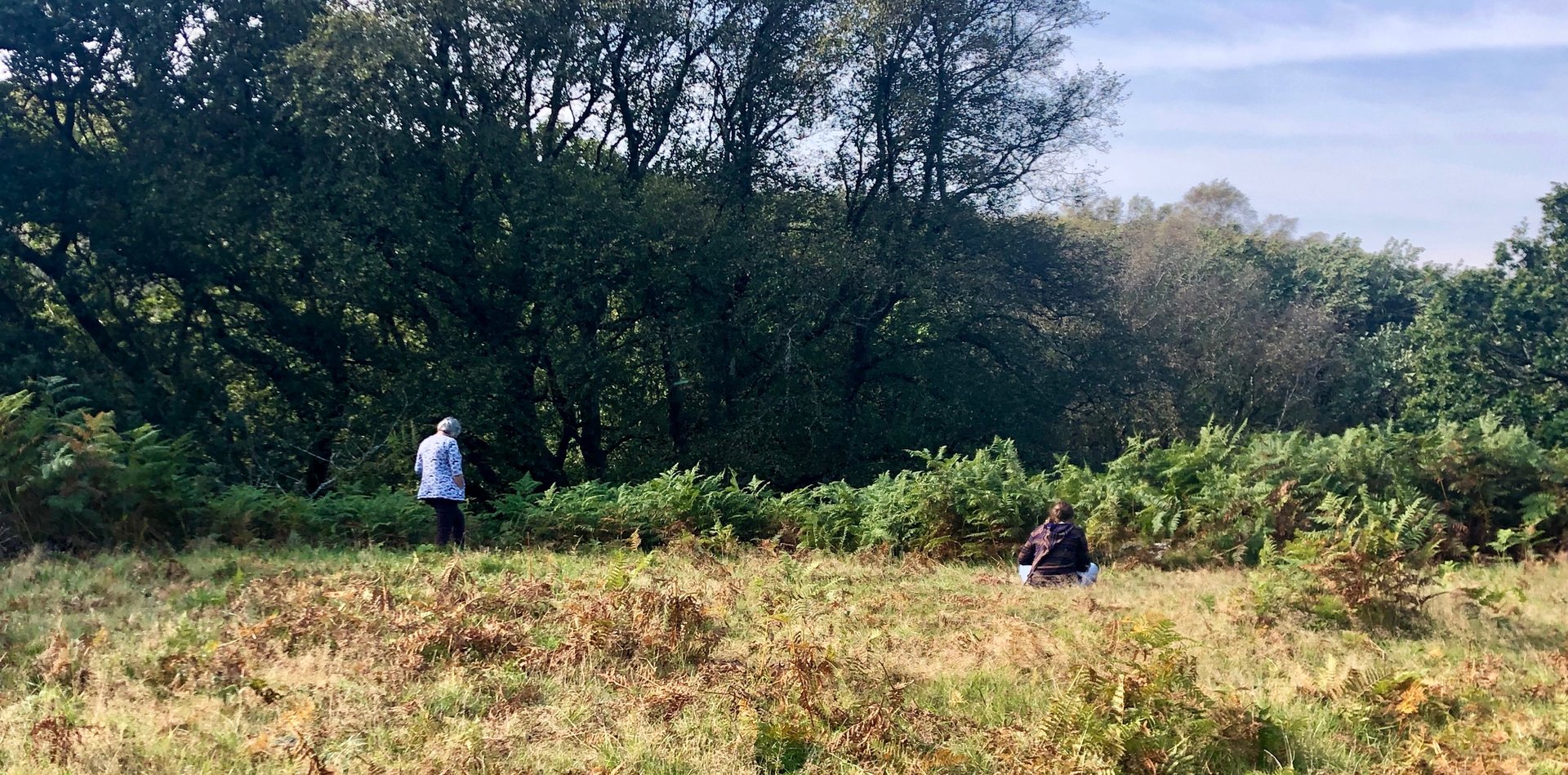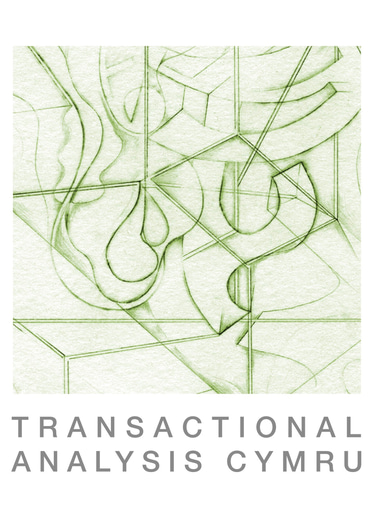Mastering the Art of Counselling: Empower Yourself with Effective Counselling Courses
Explore the world of counselling courses and learn how they can empower you to make a positive impact on others' lives. Discover the key benefits, popular courses, and frequently asked questions in this comprehensive guide.
7/2/20234 min read

Introduction
Are you passionate about supporting other people to overcome challenges and lead fulfilling lives? Are you committed to expanding your awareness, to your own personal growth and development? Are you curious about human communication, and challenging your frame of reference around issues such as intersectionality and environmental awareness?
If so, pursuing a career in counselling or psychotherapy might be a creative path for you. In this article, we'll start to explore a few of the possible options available, the benefits they offer, and how they can equip you with the skills needed to make a positive impact on your own and other people’s quality of life.
What Are Counselling Courses?
Counselling courses are specialised educational programs designed to provide individuals with the theoretical knowledge, practical skills within an ethical framework required to become professional counsellors. These courses offer a comprehensive curriculum that covers a wide range of topics, including different perspectives on human psychology, communication techniques, ethical dilemmas, cultural sensitivity, and increasingly our relationship to our planet.
Different courses focus on different specialised counselling approaches that respond to different human needs.
These specialisms may include individual counselling for depression or anxiety, working with couples and other relationship dynamics, gender and sexual identities, addictions, bereavement, young people, people coming to terms with a neuro-divergent diagnosis, trauma and PTSD, systemic approaches- among others.
Counselling may be contracted for short or long term work. On the whole psychotherapy will work with greater depth and for a longer time.
Benefits of Pursuing Counselling Courses
1. In-depth knowledge: Counselling courses offer a thorough understanding of human psychology, behavior patterns, and mental health disorders. This knowledge enables you to better comprehend and address the challenges individuals face in their personal and professional lives (including yourself.)
2. Enhanced communication skills: Effective communication lies at the heart of counselling. Through role-playing and skills practice, active listening techniques, and case studies - counselling courses help you develop strong interpersonal skills. You'll learn to establish rapport, empathise, and provide non-judgmental witnessing of your clients’ journeys. Research shows that it is the relationship the counselor develops with their client that is at the core of human change.
3. Ethical guidelines: Counselling courses emphasise the importance of ethical practice and professional conduct. You'll gain a comprehensive understanding of ethical principles (and the values that underpin them), boundaries, and confidentiality. This ensures you provide a safe and secure environment for you and your clients.
4. Specialised expertise: Depending on your area of interest, counselling courses should progress from developing self knowledge to working with others, to specialising in a field you are passionate about.
5. Career opportunities: The demand for qualified counsellors is on the rise, with diverse employment opportunities available in various sectors such as healthcare, education, community organisations, and private practice. Completing counselling courses significantly enhances your employability and opens doors to a variety of rewarding career options
Popular Counselling Courses
At Transactional Analysis Cymru, we offer a foundation in counselling skills that leads you to an in depth four year training in Transactional Analysis psychotherapy registered with the UKCP and recognised under SCoPEd at band C. Learning happens in our stunning training centre in Pembrokeshire, Wales. Please click here to view our courses.
Transactional Analysis is the study of internal meaning making and interpersonal relationships. It was developed by Eric Berne.
There are many other avenues you can take in many different venues across the UK, that lead either to a diploma or degree and will be recognised by the government in three bands: a, b and c.
Here are a few examples:
1. Diploma in Counselling: This foundational course would provide an introduction to the field of counselling, covering topics such as counseling theories, basic counseling skills, and ethical considerations. You might see the training called ‘person centered counselling’ or ‘integrative counselling.’
2. Cognitive Behavioral Therapy (CBT) Certification: CBT is a widely used therapeutic approach that focuses on identifying and modifying negative thought patterns and behaviors. This course would equip you with the skills to implement CBT techniques effectively.
3. Trauma-Informed Care Certification: This course would address the impact of trauma on individuals' mental health and equips you with the knowledge and skills to provide compassionate and effective support to trauma survivors.
4. Marriage and Family Therapy: If you're interested in working with couples and families, this course would provide you with a comprehensive understanding of family systems, communication dynamics, and strategies for fostering healthy relationships.
FAQs about Counselling Courses
Q1: Do I need a specific educational background to pursue counselling courses?
A1: No, most counselling courses do not require a specific educational background. However, having a basic understanding of psychology or related subjects can be beneficial as well as a willingness to engage in personal growth is essential.
Q2: Can I pursue counselling courses online?
A2: Though some institutions offer online counselling courses that provide flexibility, this is not considered a training that supports best practice.
Q3: How long does it take to complete counselling courses?
A3: The duration of counselling courses varies depending on the level of certification or degree program you choose. Typically, short courses can be completed within a few months, while diploma or degree programs may take several years. A short course may develop self awareness, however you should not be qualified to work with others until you had completed at least a year of personal development and a year within a placement setting. Most qualifications take a minimum of three years. Recent SCoPEd guidelines now provide clear guidance around accreditation and professional recognition.
Q4: Are counselling courses recognised by professional organisations?
A4: Yes, reputable counselling courses are often recognised and accredited by professional counseling associations, ensuring the curriculum meets industry standards. Examples of this are the BACP or UKCP among others. You should always make sure your chosen course is registered by a reputable organization and works to their ethical guidelines.
Conclusion
Embarking on a journey in the field of counselling or psychotherapy can be immensely rewarding both personally and professionally. By enrolling in counselling courses, you equip yourself with the necessary skills, knowledge, and ethical guidelines to make a lasting positive impact on the lives of yourself and others. So why wait? Take the first step towards a fulfilling career in counselling or psychotherapy and empower yourself to be part of a life time journey of positive change.



